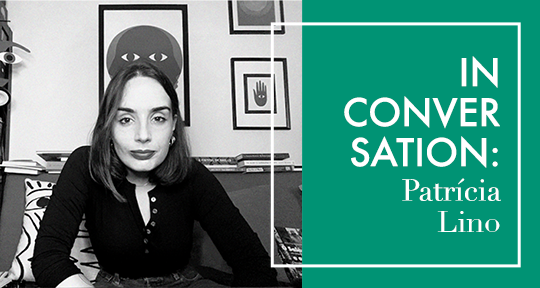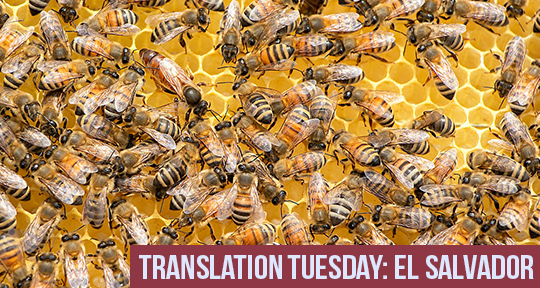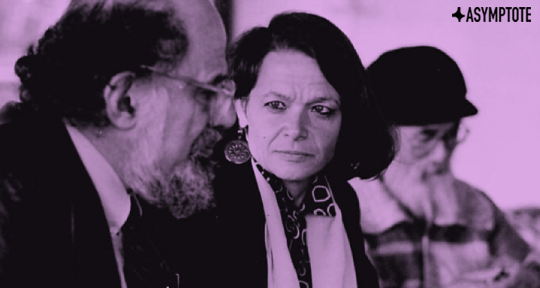Irish poet and performer Oisín Breen’s second poetry collection, Lilies on the Deathbed of Étaín, was released in 2023 by Downingfield Press and has been highly praised by World Literature Today, The Scotsman, and The Washington Independent Review of Books. The collection draws on the sagas of the goddess Étaín from Irish mythology, weaving together a brocade where the mythic past meets an experimentalist future. Breen describes his work as employing ‘a smattering of other languages’ alongside English, most notably his Irish native-tongue.
Born in Dublin, Breen has established himself as a prominent voice in the Irish avant-garde, with his work featured in more than a hundred literary journals, magazines, and anthologies across over two dozen countries. He is a poet at home in the so-called ‘world republic of letters’, connecting the local with the universal. His next book, The Kerygma, is due in September through Salmon Poetry.
In this interview, I spoke with Breen, currently in Edinburgh, about Lilies on the Deathbed of Étaín, his creative process, his use of language, and the intersection of myth and modernity in his work.
Alton Melvar M Dapanas (AMMD): Your second poetry collection, Lilies on the Deathbed of Étaín, was re-released last year by the Melbourne-based Downingfield Press. Could you tell me about how you wrote the title poem?
Oisín Breen (OB): The title poem, ‘Lilies on the Deathbed of Étaín’, owes its genesis to the moment the curtain fell at the committal of my oldest and dearest friend’s mother.
My friend was so strong throughout the day, and in the run-up, joking, sharing, helping, always there for all those who loved his mother—including many who knew the iterations of her long before my friend was a glint in her eye. She was wise, kind, deeply loving, spiritual, playful, cheeky, mischievous, and passionate. Yet when the curtain fell, well, I saw my friend shatter, briefly, into so many pieces; but it was the way he shattered that was astoundingly beautiful. The word that came immediately to mind was ‘Godstruck’.
I knew then that I had to write this physical reality, this metaphysical reality. It had the awe of a medieval painting. It was inspiring in the truest sense of the word. So, write it I did, in my own way, weaving together myth, narrative, and a long meditation on the way in which iterations of ourselves through time form a communal being that perennially negotiates its own status as an identity creature/function/process. And then juxtaposing that with the total awegrief at a funeral, at a death, when one is present to a whole human for the first time, as they cohere slowly into a single vanished point that then branches out again into so many new forms. The fact that she who had passed was not only a mother, or a friend, she was a lover, she was sexual, she was playful, she probably carried a million doubts, and a million seeds of friendships, some of which bloomed, and some that didn’t—it is all this that I worked to try and capture, to hew and to weave, and I do hope that, in some small measure, I did. READ MORE…








